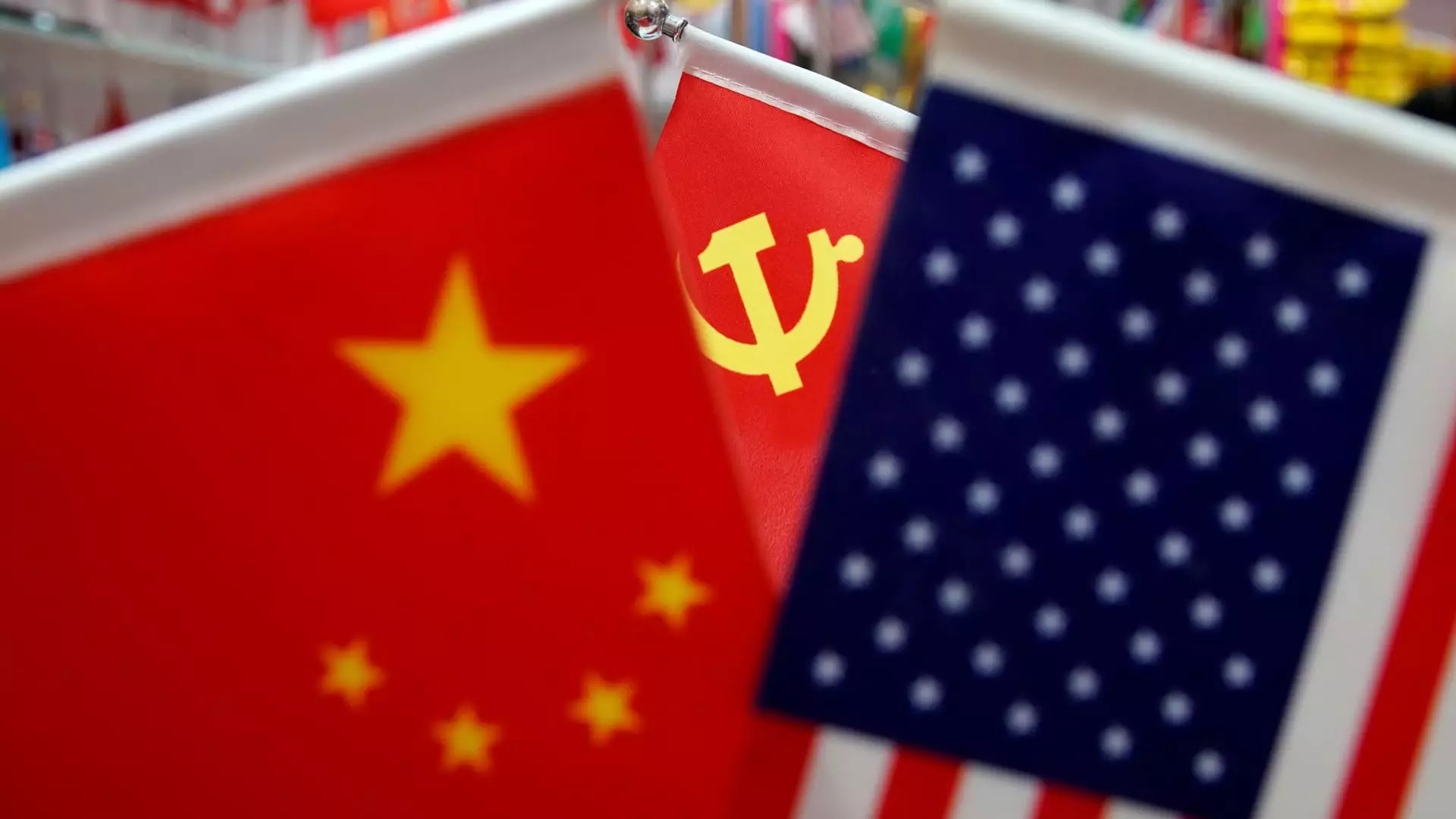In a noteworthy display of diplomatic maneuvering, Chinese Vice Premier He Lifeng has actively engaged with top finance executives from the United States over the past month. This effort emerges as a vital strategy in light of the anticipated tariffs and trade policies proposed by President-elect Donald Trump. As one of the key figures in the Chinese government, heading the economic and finance committee of the ruling Communist Party, He Lifeng’s meetings could have implications far beyond the immediate conversations. They signal a proactive approach by Beijing to navigate potential economic challenges and foster investment relationships with U.S. financial institutions.
The Meetings and Their Context
He Lifeng’s engagements include meetings with influential leaders from major financial firms, such as Larry Fink from BlackRock, John E. Waldron of Goldman Sachs, and Jane Fraser from Citigroup. These interactions were framed by Chinese state media as part of a larger initiative to strengthen ties with the incoming U.S. administration. The timing of these meetings is crucial, as they occur during a period of significant uncertainty regarding U.S. trade policy. According to Peter Alexander, a consultant specializing in China, back-channel communications are a favored method for China to establish connections and dialogue with U.S. leadership.
The backdrop of these meetings is notably dramatic, with Trump appointing a Cabinet filled with wealthy individuals, many of whom have backgrounds in finance. Amidst this context, there exists a nuanced expectation that these finance experts could play a pivotal role in moderating extreme protectionist stances in trade policy.
The U.S. stock market, which has been enjoying commendable gains, presents another layer to this unfolding narrative. Concerns regarding market stability resonate within the corridors of power in Washington, as highlighted by Clark Packard from the Cato Institute. The market’s response to aggressive trade measures could significantly influence Trump’s policy choices, suggesting that financial implications have a strong sway over political decision-making.
On the other hand, the situation in China attests to a government committed to reform and economic stability. Chinese indices, having endured a rocky start to the year, managed a rebound following indications of increased stimulus measures from Beijing. The Chinese administration’s willingness to invite Wall Street executives reflects a commitment to maintaining a dynamic financial relationship, even amidst waves of geopolitical tension. Experts like Zongyuan Zoe Liu underscore the importance of this relationship, indicating that China is preparing for potential worst-case scenarios while remaining open to foreign investment.
Despite the proactive outreach from China, there are skeptical voices in the financial sector regarding the actual capacity of these exchanges to mitigate the looming threat of exports tariffs and strained relations. Liu’s assertion that business interests on Wall Street are unlikely to capitulate entirely underscores the reality that economic transactions often transcend national boundaries. Financial institutions generally seize opportunities that align with their strategic interests, demonstrating an unwavering commitment to growth, irrespective of surrounding diplomatic tensions.
In the broader scope, the financial ties between the U.S. and China reflect an interconnectedness that has shaped bilateral relations over the past two decades. Winston Ma points out that these connections have the potential to foster either “mutual assured prosperity” or lead toward “mutual assured destruction.” The implications of this dichotomy serve as a reminder of the delicate balance required in international finance and diplomacy.
He Lifeng’s meetings with American finance leaders encapsulate a strategic maneuver by China to engage with influential figures in the financial sector, aiming to mitigate the potential economic fallout of new U.S. trade policies. As both nations navigate these turbulent waters, the interplay between market reactions, diplomatic engagement, and economic strategy will ultimately shape the future landscape of U.S.-China relations. The outlook remains uncertain, but the priority will likely be to sustain open lines of communication and foster cooperation amidst adversity.

